Product Overview
The Electric Soldering Iron 100W is a high-powered soldering tool engineered for heavy-duty and precision soldering tasks. Designed for professional technicians, electronics repair specialists, and serious DIY enthusiasts, this soldering iron delivers rapid heat-up times and a stable temperature for high-quality solder joints on a wide range of components—from delicate circuit boards to larger metal parts. Its robust 100W power output ensures efficient melting of solder, making it ideal for both rework and initial assembly in industrial, commercial, and hobbyist settings.
Key Features:
- High Power Output: With a robust 100W motor, the soldering iron heats up quickly and maintains a stable temperature, ensuring reliable performance during extended soldering sessions.
- Precise Temperature Control: Equipped with adjustable temperature settings (typically ranging from 200°C to 480°C), it allows for fine-tuning to match the soldering requirements of different materials.
- Fast Heat-Up & Recovery Time: Designed for efficiency, it rapidly reaches the desired temperature and quickly recovers after each solder joint, minimizing downtime.
- Ergonomic Design: The soldering iron features an ergonomically designed handle that provides a comfortable, secure grip, reducing user fatigue during prolonged use.
- High-Quality Tip: Comes with a durable, replaceable soldering tip made of copper alloy with iron plating, offering excellent thermal conductivity and prolonged tip life.
- Safety Features: Integrated thermal cut-off protection and insulated handle design ensure safe operation by preventing overheating and accidental burns.
- Versatile Applications: Suitable for a broad spectrum of tasks including PCB assembly, repair work, component soldering, and even jewelry making.
Technical Specifications:
- Power Rating: 100W
- Input Voltage: Typically 220V-240V AC (models may vary by region)
- Temperature Range: Approximately 200°C to 480°C (adjustable)
- Heating Element: High-efficiency ceramic or metal alloy heater
- Soldering Tip Material: Copper alloy core with iron plating (replaceable)
- Handle: Ergonomically designed, insulated for safety
- Cable Length: Standard length (approx. 1.2-1.5 meters, depending on model)
- Weight: Approximately 1.5 – 2.0 kg (varies by design)
- Additional Features: Digital temperature display (in advanced models), LED indicator, standby mode for energy saving
Applications:
- PCB Assembly and Repair: Ideal for soldering components on printed circuit boards.
- Electronics Manufacturing: Suitable for both initial assembly and rework tasks in industrial production.
- DIY Projects: Perfect for hobbyists and makers building electronic prototypes.
- Component Soldering: Efficient for soldering wires, connectors, and various electronic components.
- Specialized Crafting: Can be used in jewelry making and other precision metalwork applications.
Why Choose the Electric Soldering Iron 100W?
The Electric Soldering Iron 100W stands out for its power, precision, and durability. Its high wattage ensures fast heating and excellent thermal recovery, while the adjustable temperature control and quality construction allow for professional-grade soldering. Whether you are assembling a complex PCB or performing intricate repair work, this soldering iron provides the reliability and performance needed for demanding soldering applications.
| Power | 30W, 60W |
|---|
Only logged in customers who have purchased this product may leave a review.

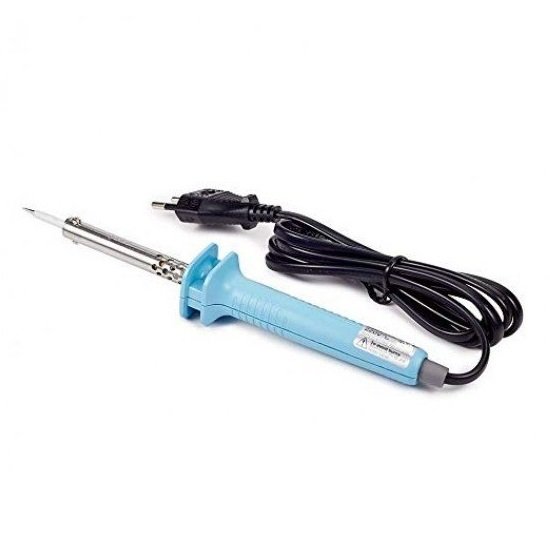
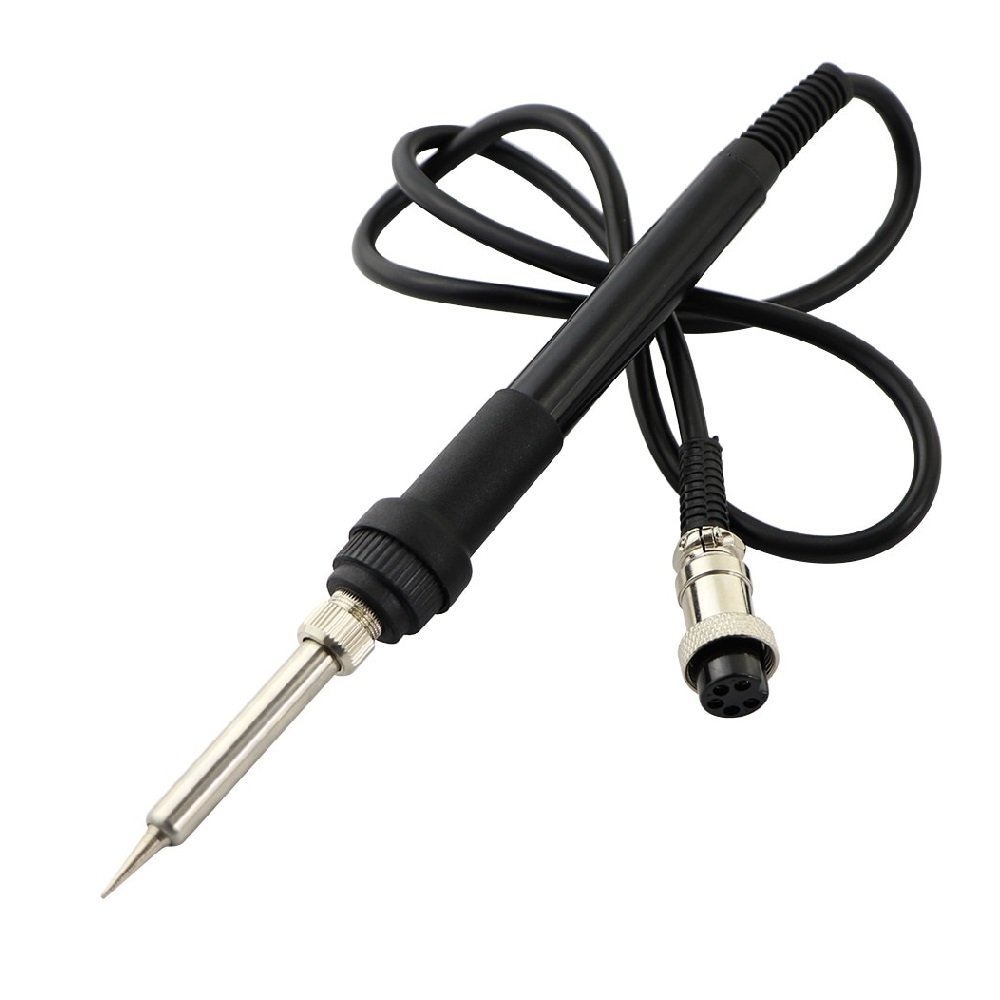


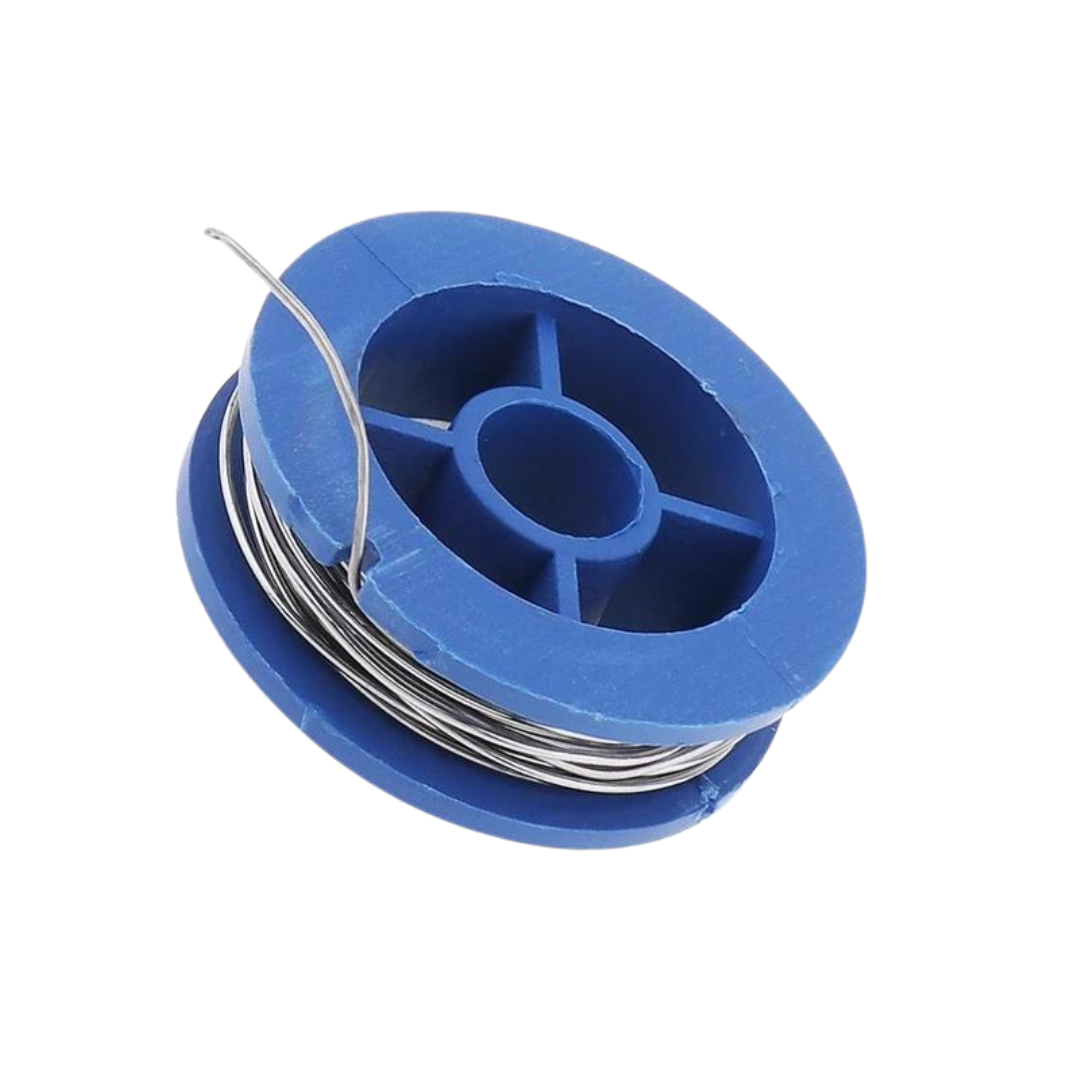
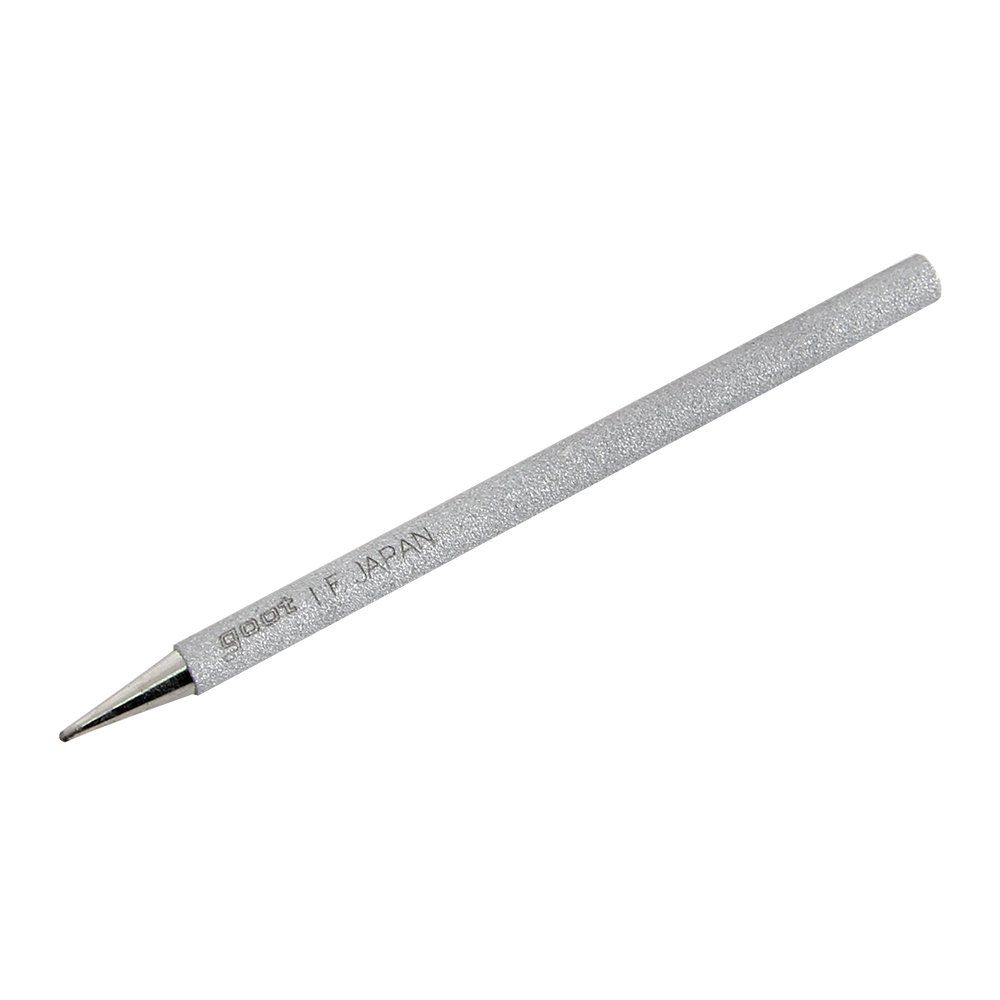

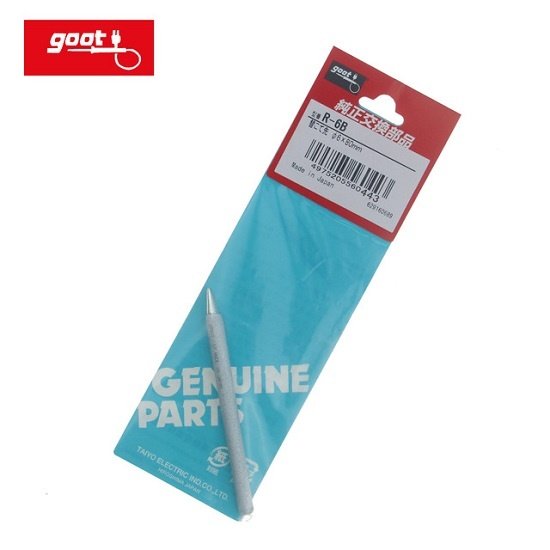

Reviews
There are no reviews yet.